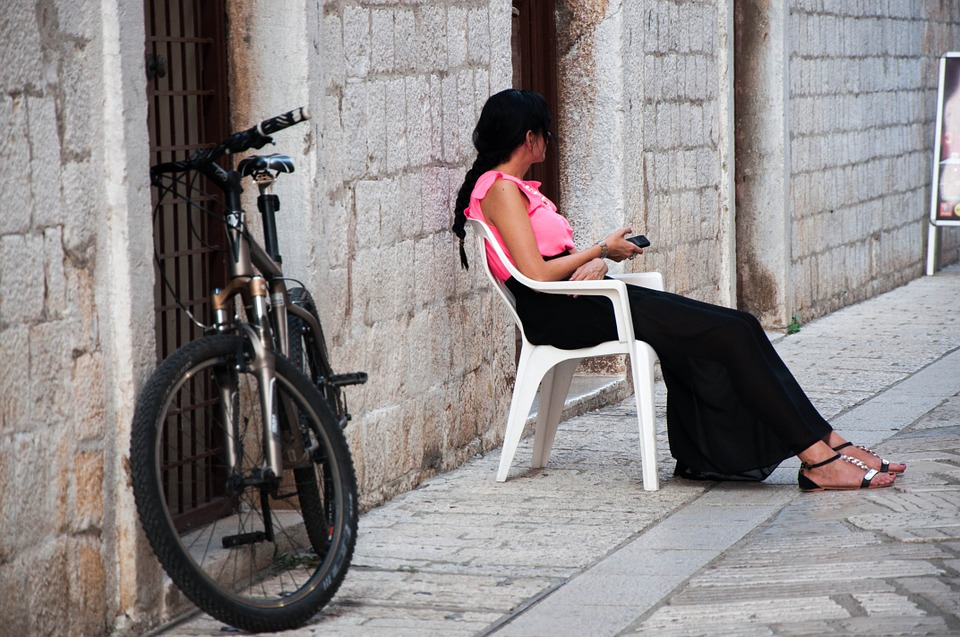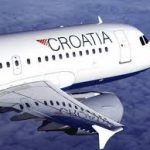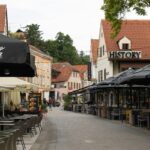As Poslovni Dnevnik/Suzana Varosanec writes, the global public health crisis strongly affected the operations of the Hvar-based Jelsa Group hotel company, and after positive operations in the last pre-pandemic year, and with a devastating loss of 5.144 million kuna in 2020, they recorded a decline in EBITDA of 312,433 kuna, and in their own commentary on the matter, their EBITDA saw a gain of 3,767 million kuna. According to them, this difference is precisely the result of a larger reduction in revenue items, compared to the reduction in cost items, primarily related to the pandemic, and things absolutely won’t return to 2019’s levels this year either.
Last year’s total revenues amounted to 14.657 million kuna, which is as much as 52% less than in pre-pandemic 2019. This, they claim, is the result of a decrease in the revenues of subsidiaries related to pandemic-induced issues. The company’s total expenditures stood at 19.801 million kuna, 33% lower than in 2019. Considering the seasonality of hotels, hospitality and catering services, the revenues of which are usually highest in the third quarter, revenues are as much as 63 percent lower than in previous years.
They also state that of the remaining revenues in 2020 of 4.416 million kuna, the largest part relates to aid for job preservation, with which the Croatian Government intervened in the height of the crisis in an attempt to mitigate the negative consequences, as well as to provide support to island employers.
The balance of all short-term and long-term liabilities of the group to affiliated companies at the end of 2020 stands at 41.347 million kuna. The Jelsa Group consists of the joint stock company of the same name and Fontana Hotel Apartments (Hotel Fontana with 234 rooms and Fontana Apartments with 112 apartments) and Hotel Hvar with 205 rooms, which are 100 percent owned by it.
According to the decision of the General Assembly from March, the profit of around one million kuna from 2019 was distributed to retained earnings. With a much anticipated drop in Croatia’s infection rates back at the end of May, there was a significant increase in provisions, and the Jelsa Group expects a 30 percent increase in business when compared to 2020, which will contribute to better liquidity, but overall, they claim, despite slow Croatian tourism growth, everything is of course still worse than it was back in 2019.
For more on Croatian tourism and Croatian tourism growth, follow our dedicated business and travel sections.









